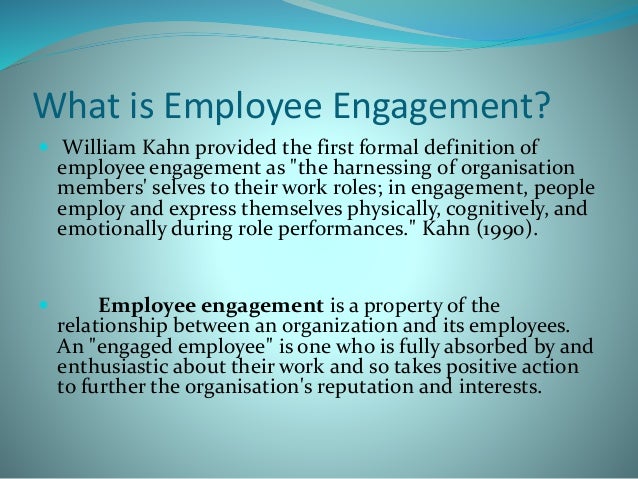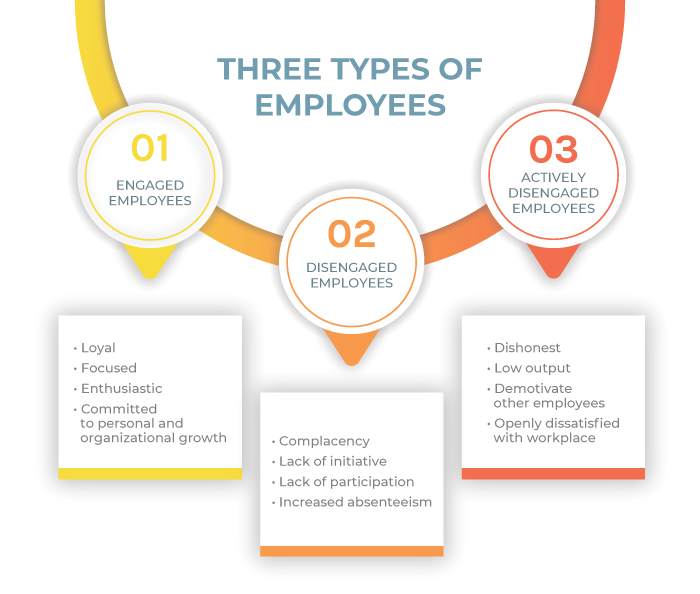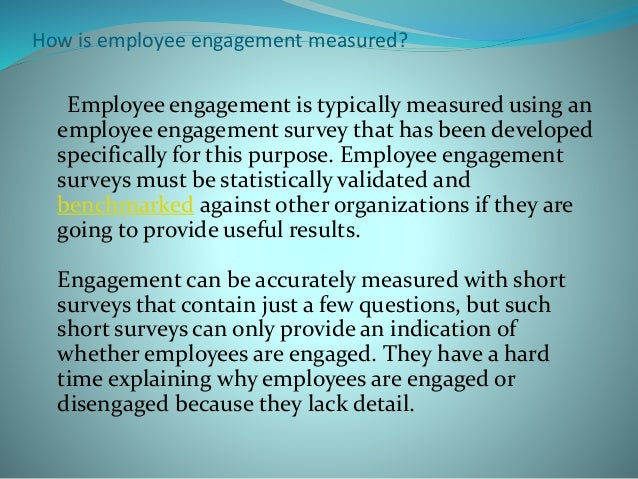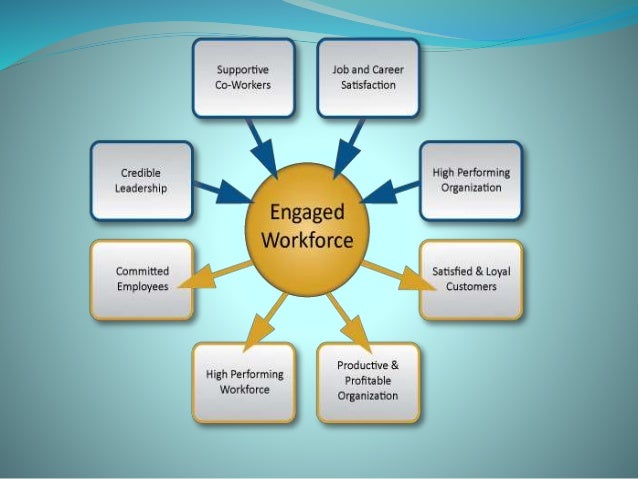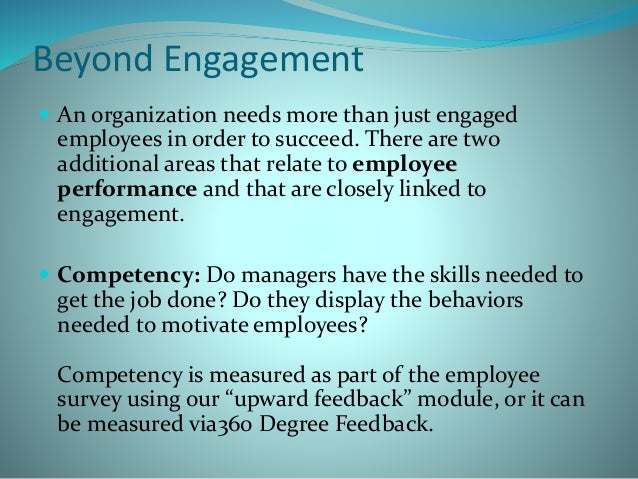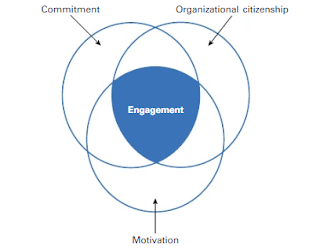Cool William Kahn Employee Engagement
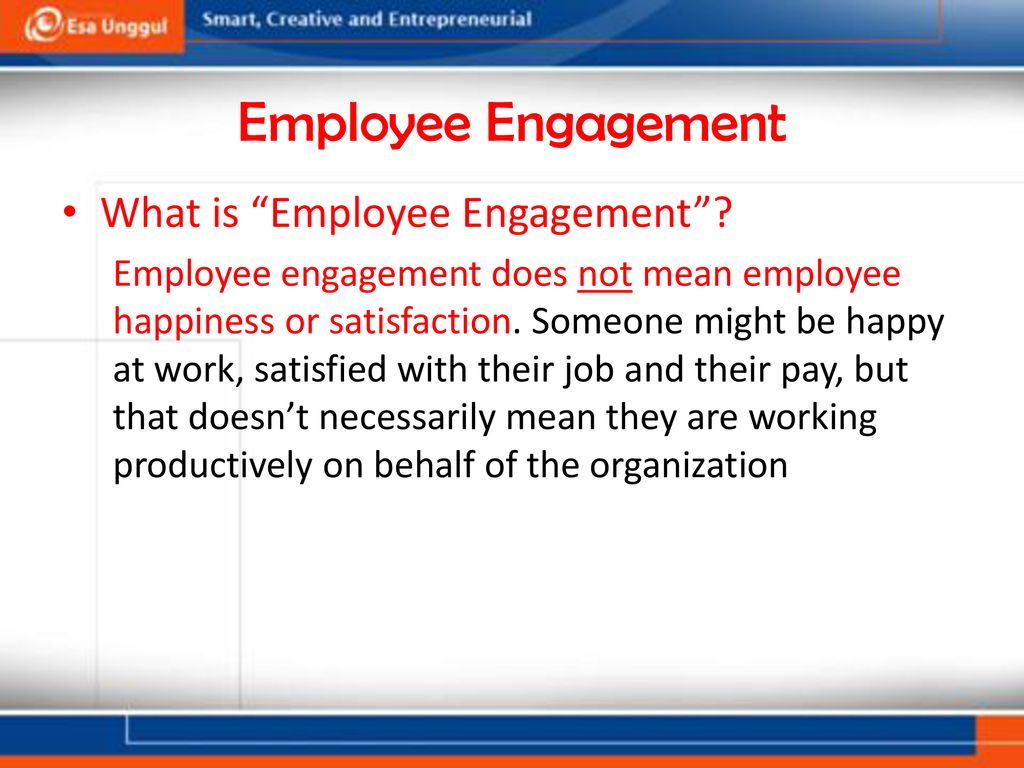
Employee Engagement in the Workplace Although industry leaders define employee engagement differently the term has been referred to as the intention of commitment with purpose and to place in gear6 William Kahn an academician and recognized as the founding father of the concept of.
William kahn employee engagement. Wave 1 1990-1999 William Kahn could be considered an academic parent of the employee engagement movement as his work on personal engagement. Kahn 1990694 defines employee engagement as the harnessing of organization members selves to their work roles. 22 rows William A Kahn.
ENGAGEMENT AND DISENGAGEMENT AT WORK WILLIAM A. Kahn also found that engagement isnt static which is good news for employers who can create an environment where engagement can flourish. Kahn advocated a different approach.
Father of Employee Engagement by Don Rheem Jan 12 2018 Employee Engagement In 1990 when Jack Welch was leading General Electric to ever-greater heights by preaching the power of firing 10 percent of his employees each year Dr. The term Employee engagement first appeared and propounded in an academic journal in 1990 by William A. The beginning of the employee lifecycle marks the start of their engagement-.
The term Employee Engagement was first coined by Boston Universitys William Kahn in his 1990 paper Psychological Conditions of Personal Engagement and Disengagement at WorkIn it Kahn describes how he observed people bringing themselves into. Kahn advocated a different approach. PSYCHOLOGICAL CONDITIONS OF PERSONAL ENGAGEMENT AND DISENGAGEMENT AT WORK WILLIAM A.
Kahn describes engagement as the ideal situation where employees do not sacrifice either themselves or their roles at work. Relational systems at work. For example the CIPD recommends creating a strategy that covers organisational commitment the enjoyment gained from work the quality of working relationships and job satisfaction.
Prior to Kahn and others management practitioners employee engagement term and its characteristics were not seen in the literature but later it led to an immersion in the work. Psychological Conditions of Personal Engagement and Disengagement at Work Kahn William A Academy of Management Journal. For example in 1966 social psychologists Daniel Katz and Robert Kahn discussed employee behaviours needed to achieve organisational effectiveness including to engage in occasional innovative and cooperative behavior beyond the requirements of the employees role.

